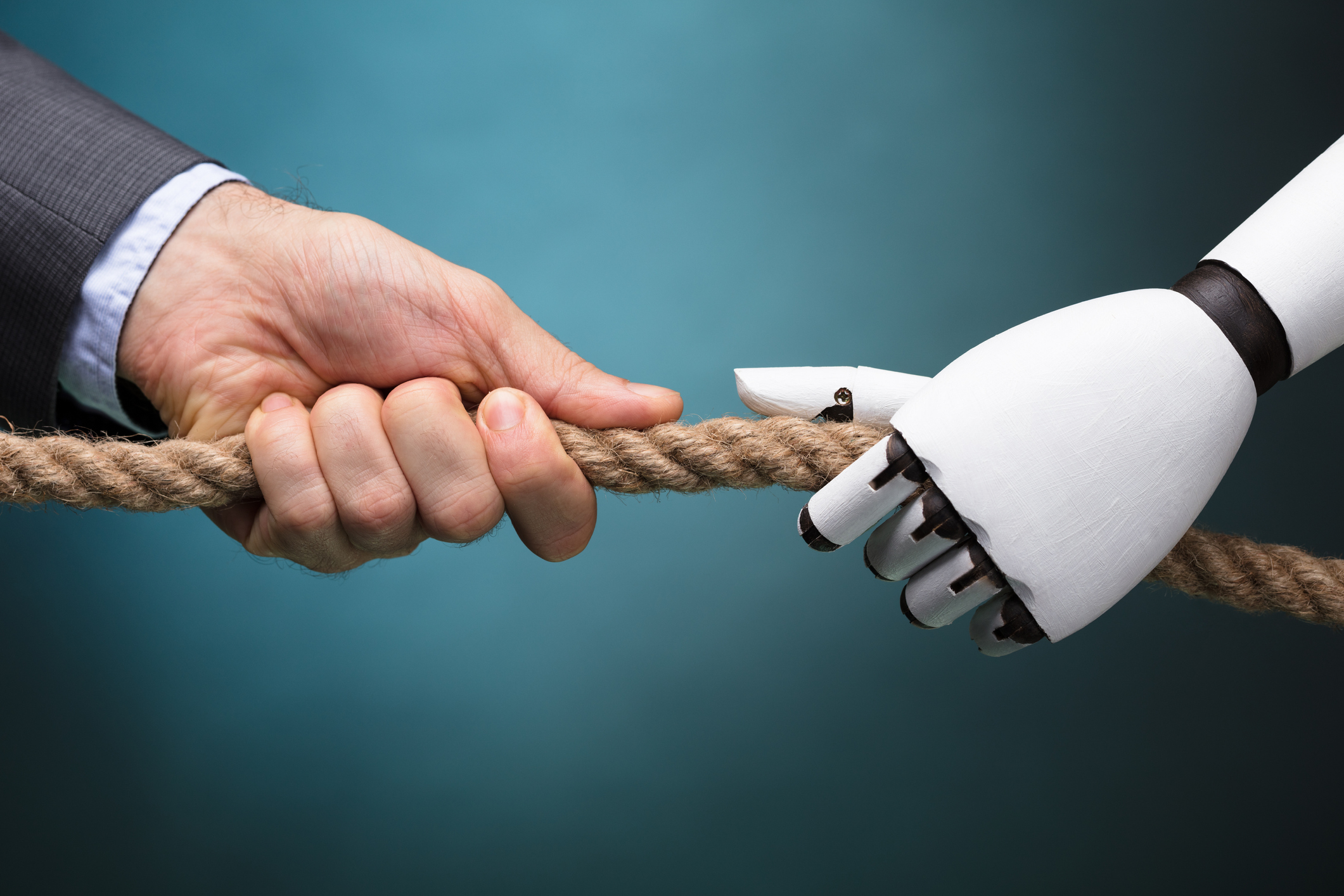Artificial Intelligence can do better

Imagine a bald human head with a USB port; this is the simplest graphic explanation one could give to describe artificial intelligence (AI) , the new phenomenon that could dramatically change the future of work. In essence, AI endows systems with the capability to analyse their environment and take decisions with some degree of autonomy. In other words, it allows machines to perform tasks that could previously be done only by humans. The impact on jobs is wide-ranging, and cross-sectional. The added mystique of AI over simple programming is ‘deep learning’, the ability of a machine to process examples and follow the pattern.
Some view these advancements as a threat; others as an opportunity. In this regard, the European Commission is making headway in the AI game. In its Communication, it proposes a three-pronged European approach. First, public and private sector investments in AI will be encouraged; secondly the Commission will support Member States to prepare for the socio-economic changes brought by AI, especially in the fields of labour and education policies, and finally the Commission will build on the successful introduction of GDPR in order to build trust and ensure ethical and legal questions are well-catered for.
